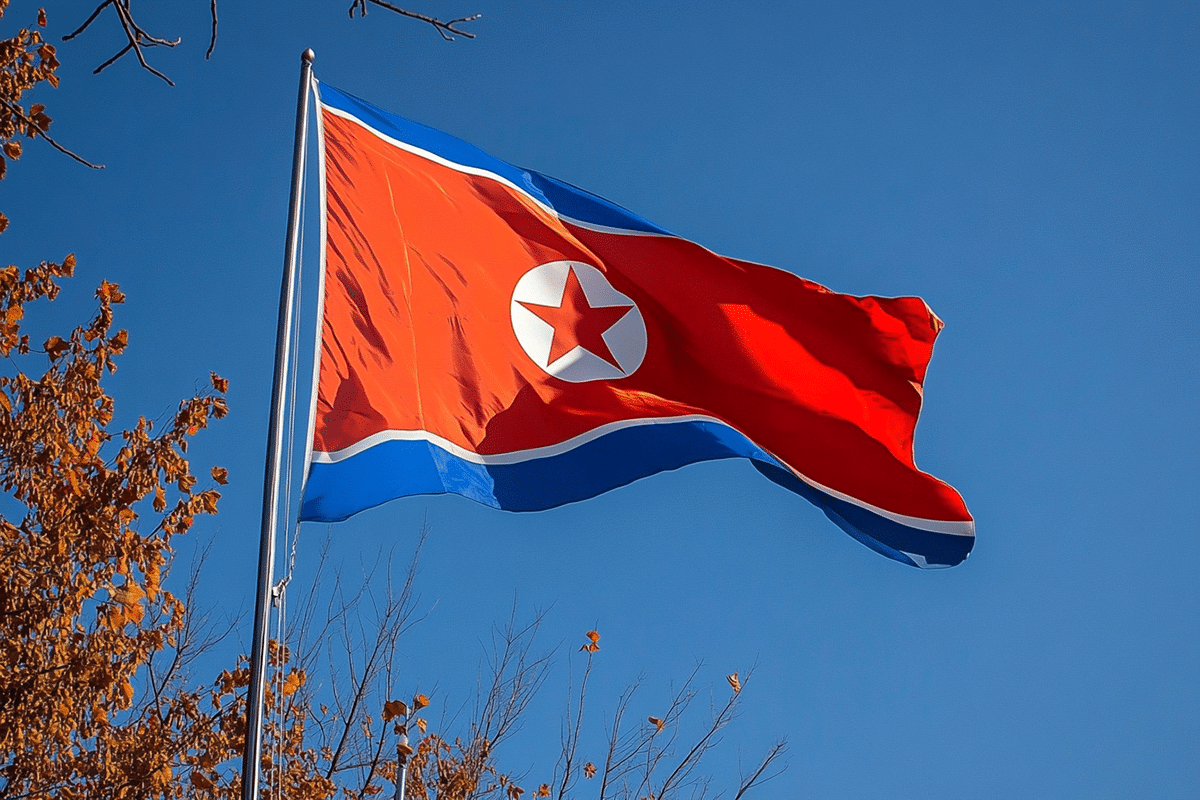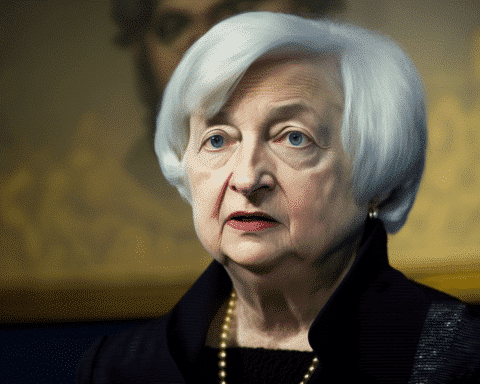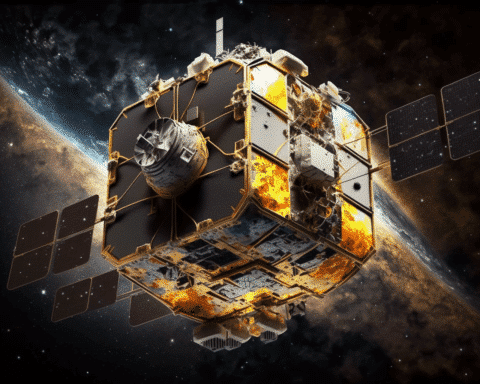North Korea has sent 10,000 troops to Russia to train and fight alongside Russian forces in Ukraine, according to recent reports from the Pentagon. This deployment marks a significant development in the ongoing conflict, as some of these troops are already stationed near Ukraine, specifically in Russia’s Kursk region, in preparation for potential combat operations.
The Pentagon has raised concerns that these North Korean soldiers will either engage in combat or provide logistical support to Russian operations against Ukrainian forces. U.S. Defense Secretary Lloyd Austin emphasized that if the troops are involved in combat, they will be treated as belligerents and legitimate military targets, with no restrictions on the use of U.S.-provided weapons against them.
In response to North Korea’s involvement, Austin plans to meet with South Korean officials later this week at the Pentagon to discuss the potential implications of the deployment. This meeting reflects rising tensions in the Indo-Pacific, as North Korea’s participation in the conflict could have far-reaching consequences beyond Europe, affecting the geopolitical balance in regions such as Japan, South Korea, and Australia.
Reports indicate that the Kursk region, where North Korean troops have been positioned, has become a critical point in the conflict, with Russia struggling to contain Ukrainian incursions. NATO officials describe North Korea’s deployment as a dangerous escalation that expands Russia’s war efforts. The involvement of thousands of additional troops will likely increase pressure on Ukraine’s forces, already facing challenges on multiple fronts.
While Russian officials have acknowledged the joint security relationship with North Korea, they have avoided confirming the presence of North Korean troops. Russian Foreign Minister Sergey Lavrov criticized Western involvement in Ukraine, alleging that Western military advisors are already operating covertly to assist Ukrainian forces in using advanced long-range weapons.
Russia’s recent capture of the village of Tsukuryne in the eastern Donetsk region adds further strain to Ukraine’s defenses. The Ukrainian military has been under continuous pressure in the region, and North Korean troops joining Russian forces could exacerbate the challenges. Meanwhile, Ukrainian President Volodymyr Zelenskyy has warned that the arrival of North Korean troops is imminent, based on intelligence reports indicating that their deployment will begin within days.
Russia’s move to integrate North Korean forces also highlights President Vladimir Putin’s strategy to counter Western influence. Putin has been actively forging alliances with countries such as China, India, and Iran, seeking direct military assistance and ammunition supplies from partners like North Korea and Iran.
NATO has been monitoring the developments closely, consulting with Ukraine and Indo-Pacific partners to determine an appropriate response. A recent briefing at NATO headquarters in Brussels included high-ranking officials from South Korea, who outlined the situation for the alliance’s member states. While no concrete evidence of North Korean troops in the Kursk region was provided during the meeting, European officials remain concerned about the potential shift in the conflict’s dynamics.
NATO allies are also considering adjustments to their support for Ukraine. They may lift current restrictions that prevent Ukraine from using Western-supplied weapons for strikes on Russian soil, a move that could reshape the battlefield.
In the background of these developments, the upcoming U.S. presidential election adds further uncertainty. A victory for Donald Trump could result in diminished military aid to Ukraine, impacting its ability to resist Russian advances effectively.
As the situation evolves, both military and diplomatic efforts are in motion to assess and address the implications of North Korea’s involvement. The deployment of these troops not only heightens the conflict in Ukraine but also risks broader geopolitical consequences across multiple regions.




